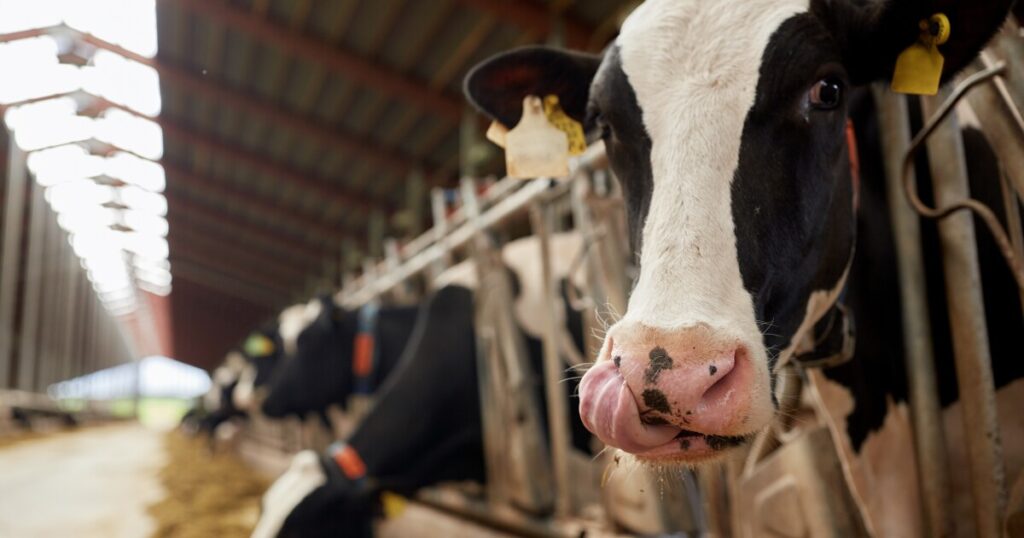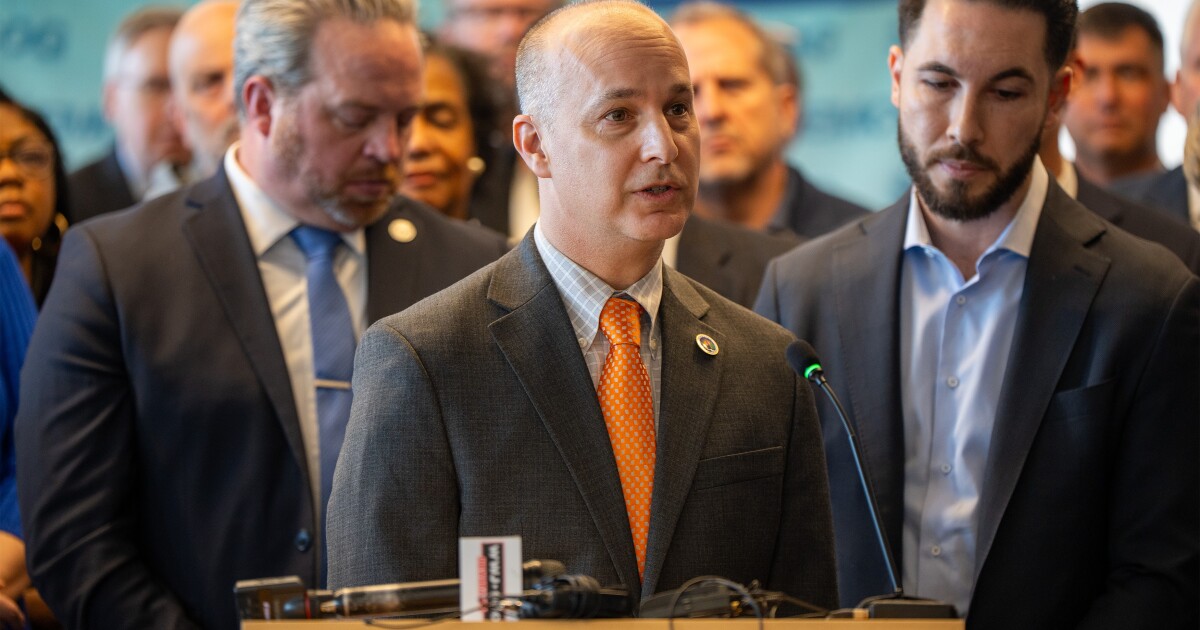Raw Milk Debate Reignites as Michigan Considers Legalization
Decades ago, consuming milk in the United States posed significant health risks due to the absence of pasteurization. Before 1938, milk and milk products were responsible for about a quarter of foodborne illness outbreaks in the country. This changed with the advent of pasteurization, which now safeguards nearly all milk consumed in the U.S., reducing milk-related foodborne illness outbreaks to approximately 1%. Notably, raw milk is often the source of these remaining outbreaks.
Despite the known risks, a new bill introduced in Michigan is seeking to legalize the sale of raw milk. The state, currently one of 19 that prohibit such sales, may see changes if the bill introduced by Republican Representative Matt Maddock passes. The proposal aims to enable dairies to sell unpasteurized milk directly to consumers.
However, experts like Dr. Pamela Ruegg, an epidemiologist and veterinarian at Michigan State University, warn of the health implications. “When you legalize raw milk sales, you increase the number of people within the state who will get sick,” she explains. The most vulnerable to these risks include children, the elderly, and those with compromised immune systems.
Dr. Ruegg co-authored a detailed analysis in 2011 about potential regulations for raw milk in Wisconsin. Her conclusion was stark: “There’s no real way to reduce the risk.” Even with extensive testing, predicting the presence of harmful bacteria in raw milk remains impossible.
The potential dangers of raw milk stem from several bacteria, including:
- Campylobacter: Approximately 1 in 1,000 people infected may develop Guillain-Barre syndrome, a serious neurological disorder.
- Salmonella: Severe infections can lead to conditions such as meningitis and arthritis, with about 400 deaths annually in the U.S.
- Listeria: Pregnant women face a 25% fetal or newborn fatality rate if infected, along with heightened risks of miscarriages and premature births.
- E. coli: Infections can result in hemolytic uremic syndrome, potentially causing kidney failure.
While individuals with strong immune systems might not exhibit symptoms or experience only mild illness, Ruegg emphasizes, “if you drink enough raw milk, you will likely randomly consume one of these four bacteria, and you may or may not have catastrophic outcomes from it.”
Despite these risks, proponents of raw milk claim it offers health benefits, though the nutritional differences between raw and pasteurized milk are minimal. Rep. Maddock argues that the bill, HB 5218, provides greater choice for consumers and reduces regulatory burdens on farmers. On social media, he stated that the legislation would “give more options to people who want more flexibility, and make it easier for farmers to sell to customers without worrying about the administrative state.”
—
Read More Michigan News









